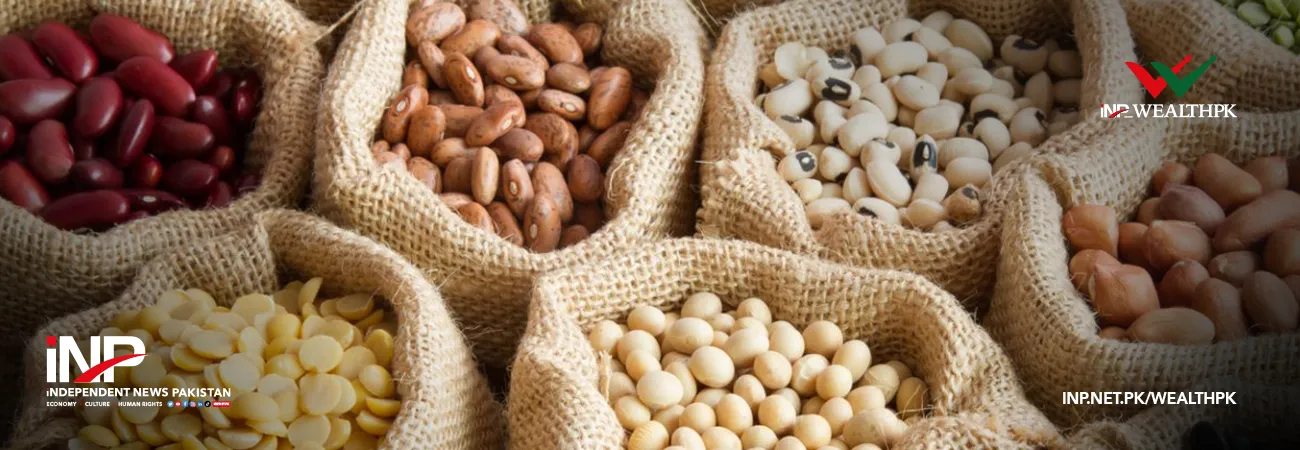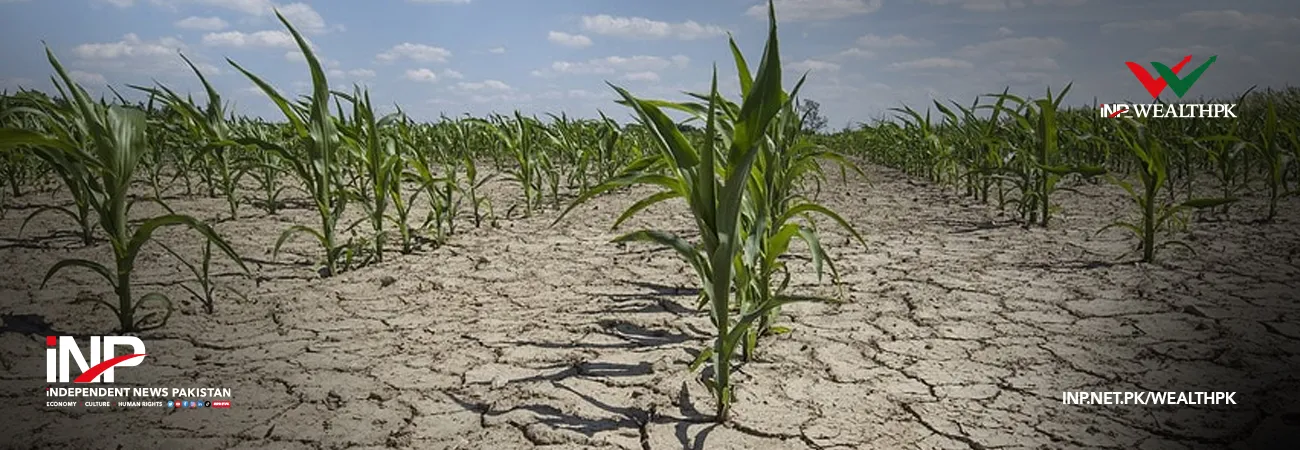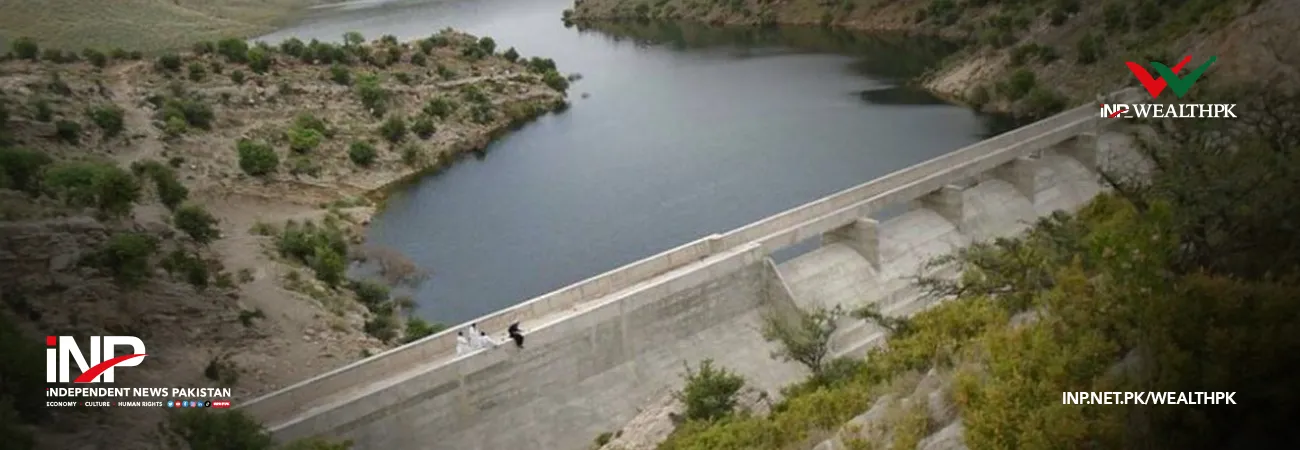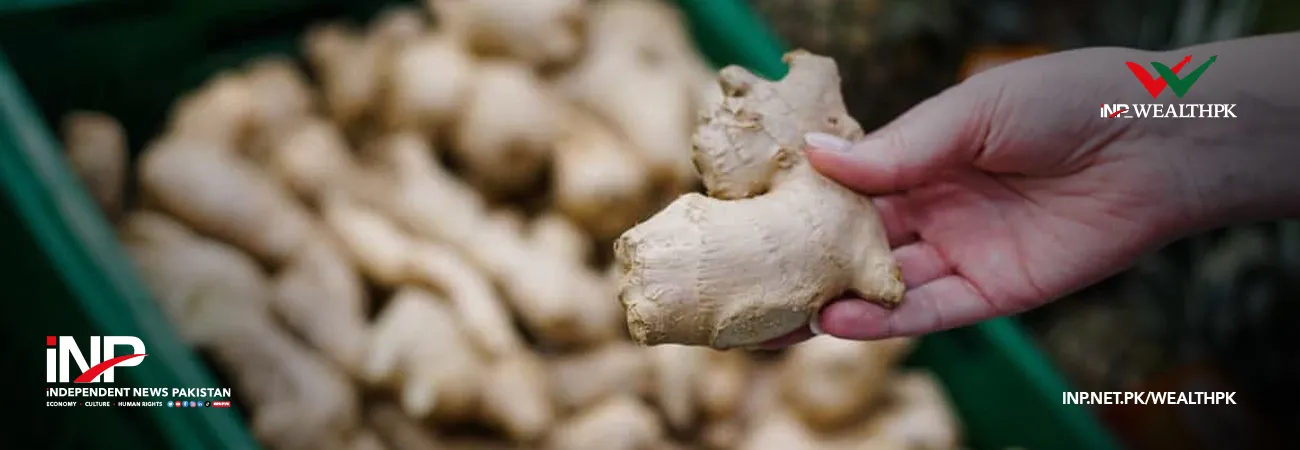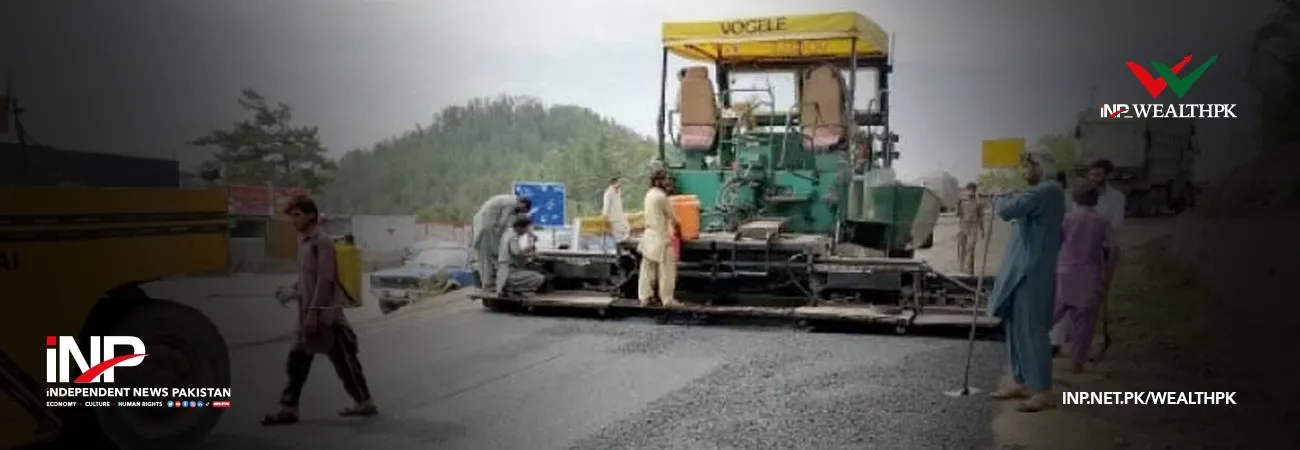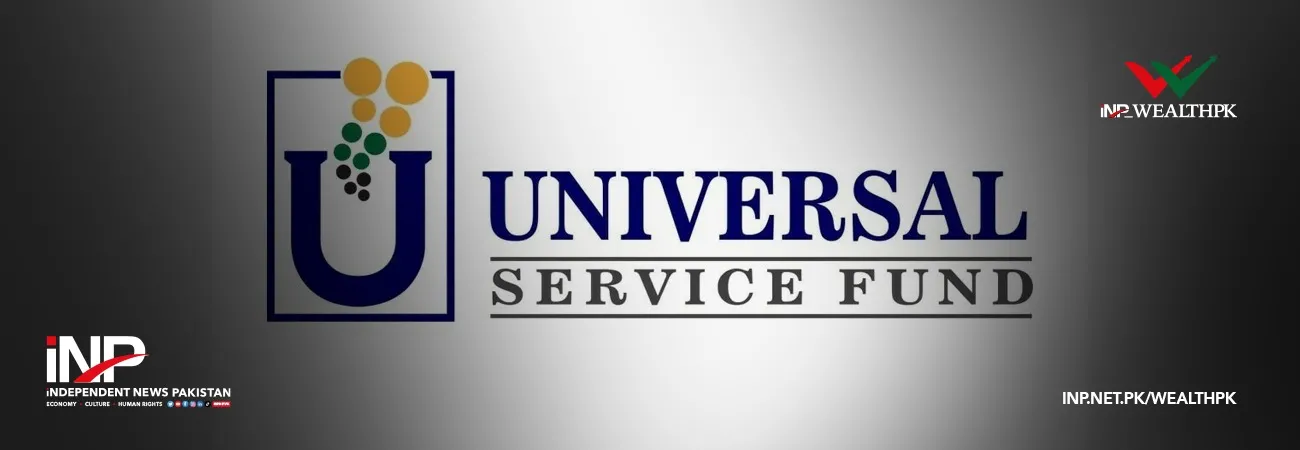INP-WealthPk
Moaaz Manzoor
Macroeconomic stability in Pakistan appears to be gaining momentum, although challenges remain significant, particularly in generating revenue and translating economic gains to public welfare.

Speaking with WealthPK, Dr. Nasir Iqbal, Head of the Macro Policy Lab at the Pakistan Institute of Development Economics (PIDE), emphasized the need for targeted measures to invigorate industrial growth and foster an investment-friendly environment. He said, “In 2025, we will be able to achieve a decent growth of around 3%. However, until the industrial sector, which contributes more than 20% to GDP, grows adequately, the services sector cannot expand meaningfully.
Therefore, addressing industry concerns in the next six months is crucial to incentivize investments.” Dr. Sajid Amin Javed, Deputy Executive Director of the Sustainable Development Policy Institute (SDPI), acknowledged the recent reduction in inflation and stabilization of the rupee but cautioned against complacency. “Inflation has decreased, but the prices are still rising at a slower rate. Without job creation and income growth, the public will not truly benefit,” he said.
Dr. Javed underscored the urgency of addressing weak economic foundations and stressed the importance of administrative reforms in agriculture and IT. “Macro indicators have improved, but tangible benefits for the people should be the government's primary target in 2025. Creating jobs and enhancing incomes will directly impact poverty alleviation,” he added. He also highlighted the need for sector-specific reforms and structural investments. He noted that while foreign direct investment (FDI) was essential, reliance on long-term strategies based on geopolitical alliances had slowed progress.
He pointed out, “Pakistan must prioritize domestic and foreign investments in the manufacturing and SME sectors, as these can generate immediate economic activity and employment. For instance, the government's 'Uraan Pakistan' initiative targets SMEs and IT, but success hinges on improving internet infrastructure and promoting SME financing.” Both experts stressed the importance of effectively leveraging the IMF program. Dr. Javed observed that unlike the previous arrangements, the current program offers opportunities for interest rate reductions, which could stimulate economic activity.
However, he cautioned that benefits must reach the grassroots to ensure an inclusive growth. Pakistan's macroeconomic stability shows promise but is contingent on strategic policymaking and targeted investments in critical sectors. Without robust industrial growth, administrative reforms, and effective utilization of financial opportunities, sustainable economic progress will remain elusive. The government must align macroeconomic policies with micro-level interventions to foster equitable growth and public well-being.
Credit: INP-WealthPk




